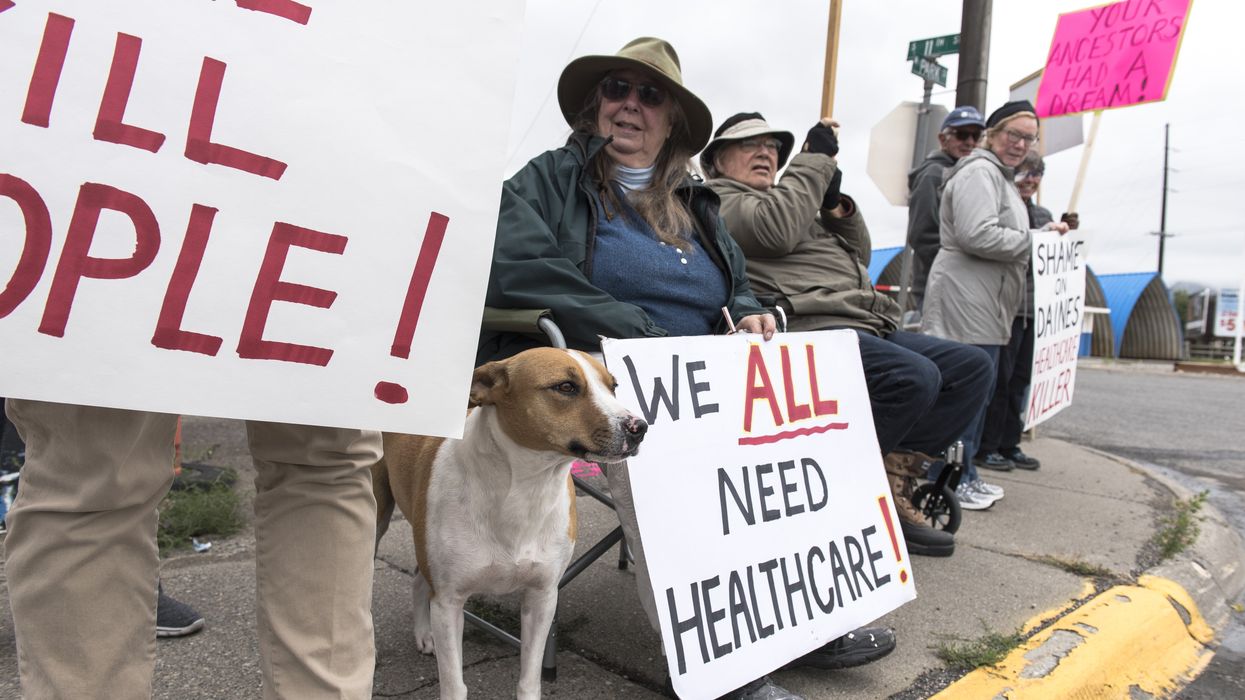This fact brief was originally published by EconoFact. Read the original here. Fact briefs are published by newsrooms in the Gigafact network, and republished by The Fulcrum. Visit Gigafact to learn more.
Has Medicaid expansion in states improved health outcomes?
Yes.
Studies have shown that Medicaid expansion in states does lead to improved health outcomes.
The Patient Protection and Affordable Care Act (ACA) sought to reduce the number of uninsured Americans through federal government subsidies of Medicaid coverage expansion. This Medicaid expansion was made optional to states, and as of May 2024 there were 10 U.S. states that had not yet implemented it. A study comparing outcomes of expansion vs. non-expansion states found a significant reduction in mortality in states that expanded Medicaid.
Individuals aged 55 to 64 with either less than a high school degree or income under the threshold (138 percent of the federal poverty level) experienced a 9.4 percent drop in mortality after expansion as compared to non-expansion states. Furthermore, research on states that already expanded Medicaid found no clear change in overall spending from state funds due to offsetting savings in health care costs.
This fact brief is responsive to conversations such as this one.
Sources
KFF Status of State Medicaid Expansion Decisions: Interactive Map
EconoFact Impact of Medicaid Expansion on State Budgets and Mortality




















Trump & Hegseth gave Mark Kelly a huge 2028 gift